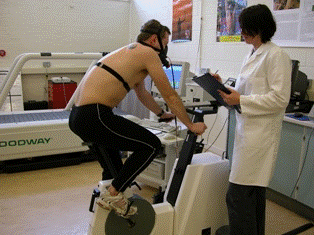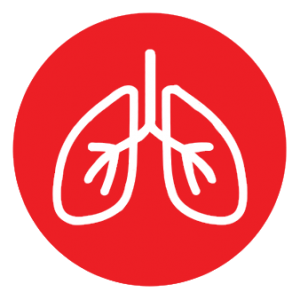Autonomic Control
Autonomic Control of ECLS
A system to reduce risk and improve management of patients on ECLS systems
In a healthy person, the natural built-in Autonomic Nervous System provides:
-
Feedback control of ventilation rate and cardiac output from chemoreceptors that measure blood gas partial pressures
-
Anticipatory control: adjusts ventilation rate and cardiac output in anticipation of demand
-
Acclimatisation: adjusts controls to compensate for changes in circumstances such as high altitude, or changes in lung function following injury and during recovery (adjusts over days)
The Haemair control system enables ECLS devices to be controlled by integrating with the autonomic control system. It eliminates the necessity for measuring blood gas partial pressures or oxygen saturation. It does not require clinicians to set target partial pressure or saturations for the control system to achieve. Instead, it provides the benefits of the control available to healthy people, namely responsive control to changes in activity level, anticipatory control, and acclimatization capability. The benefits are:
-
Increased patient mobility with resulting shorter hospital stays
-
Reduced staffing levels: the necessity for 1:1, 24 hr, nurse/patient monitoring is eliminated and one staff member can monitor several patients

Volunteer in University Exercise Science laboratory
The control model was calibrated against measurements from over 80 volunteers in the Swansea University Exercise Science Laboratory.




